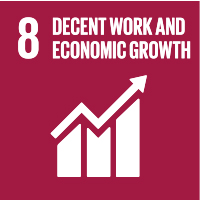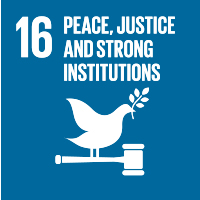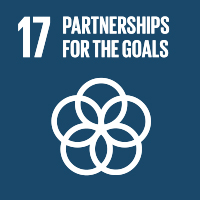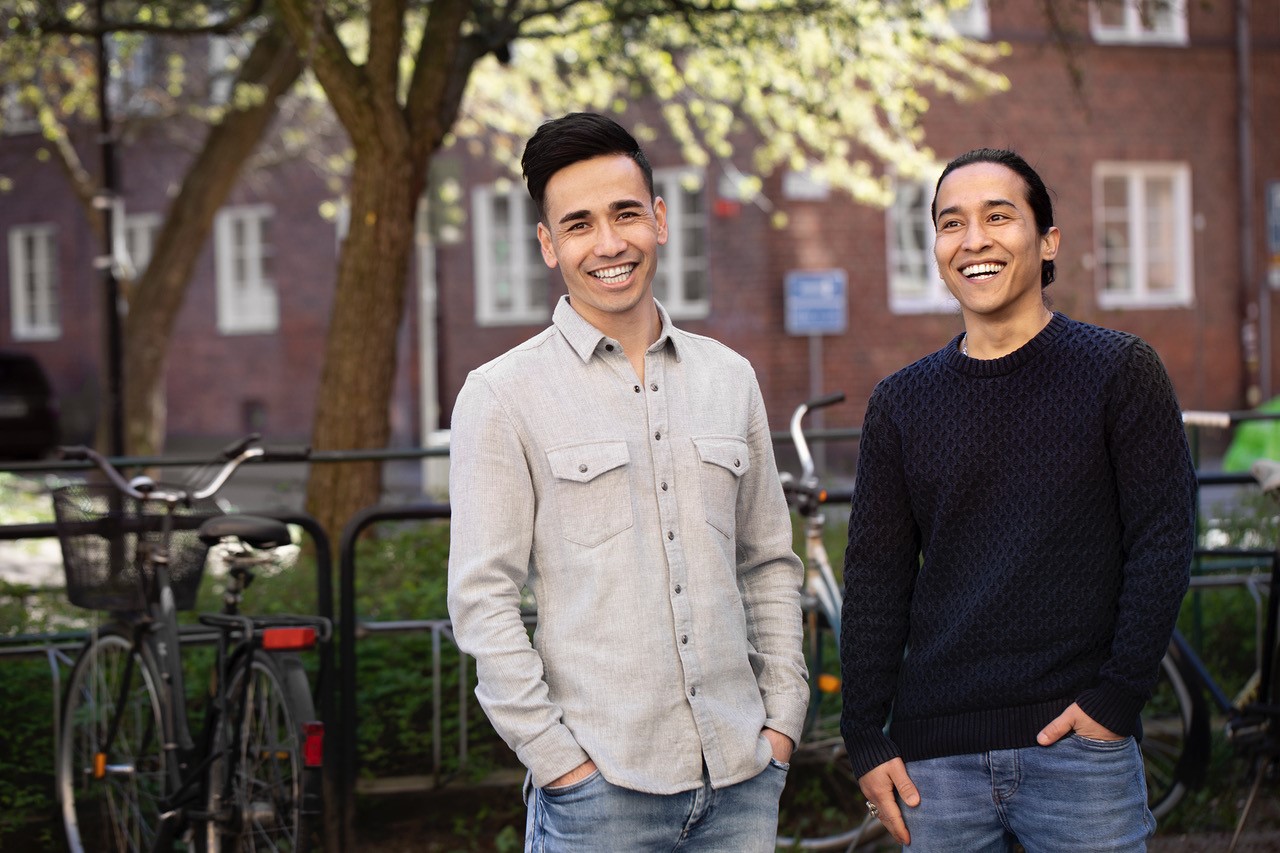Technical assistance, expertise and implementation; Policy, advocacy and convening power
Securing long-term employment for migrant youth
The Hope for the Future project, funded by Postkodsstiftelsen, seeks to provide youth covered by the Upper Secondary School Act the support and tools needed to build a sustainable future in Sweden. Youth arrived as unaccompanied minors in 2015 and faced with specific and in the law outlined application-issues, are allowed to complete their education and may be eligible for permanent residency. To be eligible, they need to secure a permanent employment contract that meet specific requirements, within 6 months after graduation. The Law affects about 7,500 youth. Through multi-sectoral collaborations, the project supports their transition to employment.











